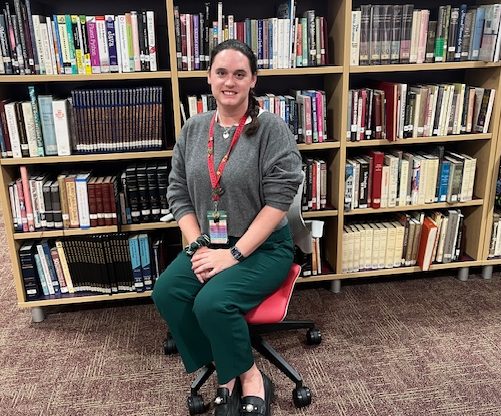Since the early 2000s, college admission offices around the country have deemed standardized tests as either optional or unnecessary. Then, as the COVID-19 pandemic spread in the 2020s, the importance of SATs and ACTs decreased, as many students were unable to get sufficient education while stuck at home or find locations to open to take a secure test. Because of this, many colleges and universities across the country let go of the absolute necessity of these tests, altering the format of college admissions nearly everywhere. Lately, however, some colleges are requiring applicants to include their test scores within their applications, affecting the way both classes and students will now function as standardized testing regains momentum again.
A small number of Ivy League colleges, such as Yale, Dartmouth, and MIT have recently announced their decision to require applicants to turn in their standardized testing scores, alongside other credentials. Dartmouth University’s verdict to have students submit their scores derives from the fact that they use test scores to identify high achieving students from low income backgrounds, and without the scores, they believe it significantly decreased these students’ chances of being accepted. The New York Times, who has been reporting on these changes, states “The admissions office would have judged the scores to be a sign that students had overcome a difficult environment and could thrive at Dartmouth.” Similarly, Yale University plans to release a long-term testing policy, entailing the importance of low-income applicants offering their test scores to colleges. This will allow administrators to have a sense of context as to what a student’s economic situations look like, and how their potential may be ignored if they do not submit SAT & ACT scores.
As the number of colleges requiring standardized test scores increases, more and more high school students will be affected. While the majority of colleges haven’t announced their requirement for applicants to submit test scores yet, it appears a trend is being set, and students should still take the time to meticulously map out their intentions regarding college.
Mr. Timothy Conway, Director of School Counseling at Lakeland Regional High School, explained that his “suggestion would be to have a conversation with your school counselor during your junior conference, which takes place with students and their parents typically between February – April of their junior year. Your school counselor can review your PSAT scores (LRHS offers this test for free to students each year in grades 9-11) and your course grades to recommend a course of action.”
Additionally, students may also sign up for SAT and ACT prep classes and/or tutoring in order to boost their scores if they are planning to submit the tests in their applications.
Before COVID-19, prep classes were offered for years when the SATs & ACTs were mandatory. However, after the pandemic, these courses have not seen enough interest shown by students to operate. However, Mr. Conway stated, “If there is enough interest in [prep classes] during students picking courses in February each year, the course would likely run.”
As the number of colleges call for standardized tests to be placed on applications, it is essential for students to be aware of the multiple changes being made and options they have, as it may heavily affect their decision as to their future academic paths.









